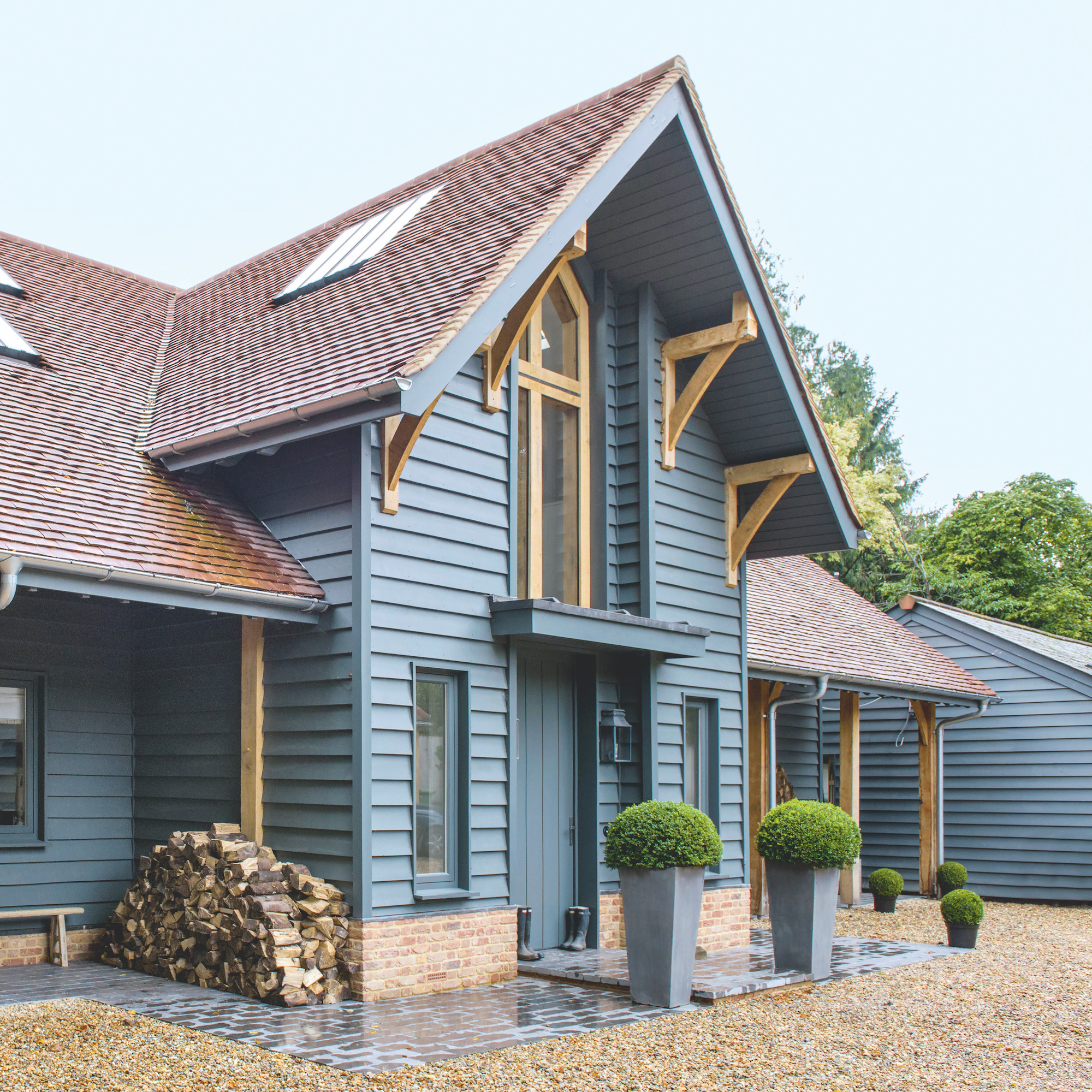
More of us than ever are watching what we spend and trying to reduce our bills. But what if we could make money from our homes, instead of simply cutting back? Covering the costs of a holiday by hiring out your home on Airbnb isn't new, of course, but more and more people are turning to the vacation rental platform to help earn an extra income, either by renting out a room or letting the entire property while they are away travelling or visiting family and friends.
You can earn up to £7,500 tax free by renting out a room or your entire home, as long as it's your main residence, under the Government's Rent a Room Scheme.
'Airbnb is an economic lifeline for families across the UK, allowing guests to travel affordably and enabling hosts to share their homes to boost their income,' says Amanda Cupples, general manager for Northern Europe at Airbnb. 'A typical host earns just over £6,000 a year, and one in three hosts say the extra income helps them stay in their homes by affording rising living, energy and mortgage costs.'
How to Airbnb your house
You'll probably need a holiday when you're done with decluttering your home, cleaning it from top to bottom, and keeping on top of tidying tasks so you can quickly stow away your personal possessions, but the effort is worth it for the extra income that renting out your home can provide.
It can also create more opportunities for you, too – especially if you are able to work remotely, or take an extended break to travel or visit family.
'The pandemic and the rise of remote work has untethered many people from the need to be in an office every day, and offered them a newfound flexibility to continue their work from home,' explains Airbnb's Amanda Cupples. 'As a result, people are spreading out to thousands of towns and cities, staying for weeks, months, or even entire seasons at a time.'
Whether you're going away for a weekend or a month, here's how to Airbnb your house with minimum stress and maximum return.
1. Make your home attractive to more than holidaymakers
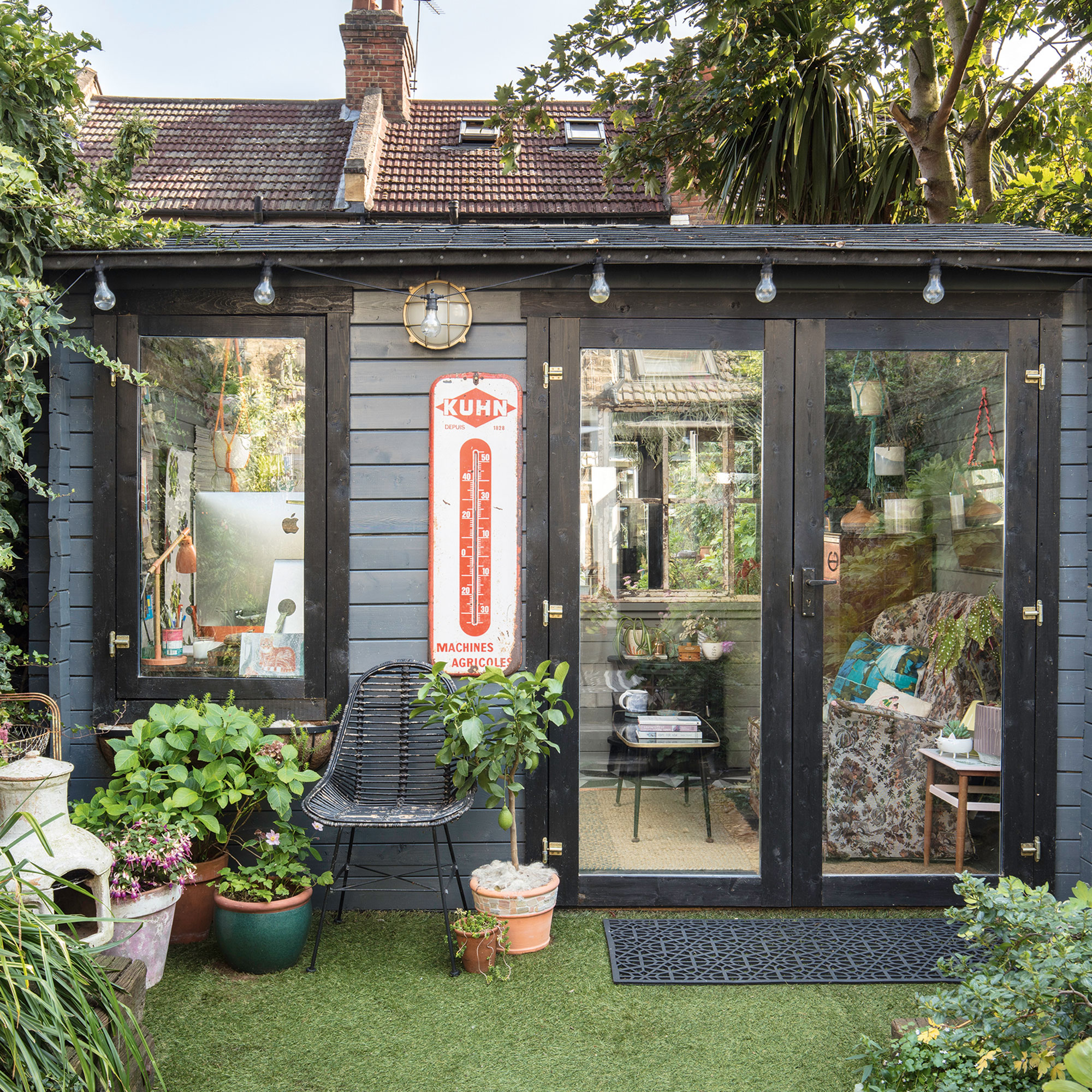
While tourists and travellers may make up the bulk of guests on Airbnb, they're not the only people looking for a home away from home – especially now that flexible working means that any room we set up our laptop can be our home office.
'As remote work becomes more common, we've noticed changes in how and why people travel. We've shared that with our hosts to help them highlight amenities to attract remote workers, whether that’s a dedicated workspace, or allowing pets,' says Amanda Cupples.
If you've got great wifi, then boast about it in your listing.
'Speed matters when it comes to wifi. We launched a Verified Wifi tool, which allows hosts to easily test the speed of their property’s wifi, then display it directly on their listing page,' Amanda says.
2. Tempt guests with great design

No need for a complete makeover; a few simple design touches can elevate your space and make your listing stand out from the crowd. Don't feel you have to tone down your own style to have a broader appeal; it's that personality and distinctive touch that can make the difference when it comes to bookings. You could focus on a key area – a home office, the kids' play space or the living room, say – and give that the wow factor.
'Be bold with wallpaper ideas, and don’t be afraid to add texture or mix patterns,' suggests Amanda. 'If you don’t want to commit to a design for years to come, choose a brand with removable options that can peel right off without the hassle factor.
'And beautify small spaces. Incorporate artwork you love, repurpose wall and ceiling treatments that add visual interest, or add some lighting ideas that will make your space feel extra cosy.'
You can also make your space feel bigger, whether that's for the listing pictures or once your guests are in your home.
'Whether it’s a loft conversion or a beachside cottage, there are ways to showcase the standout features of a smaller space. Add large mirrors, place decor above eye level; and use a cohesive colour palette,' Amanda suggests.
3. Bring the outdoors in
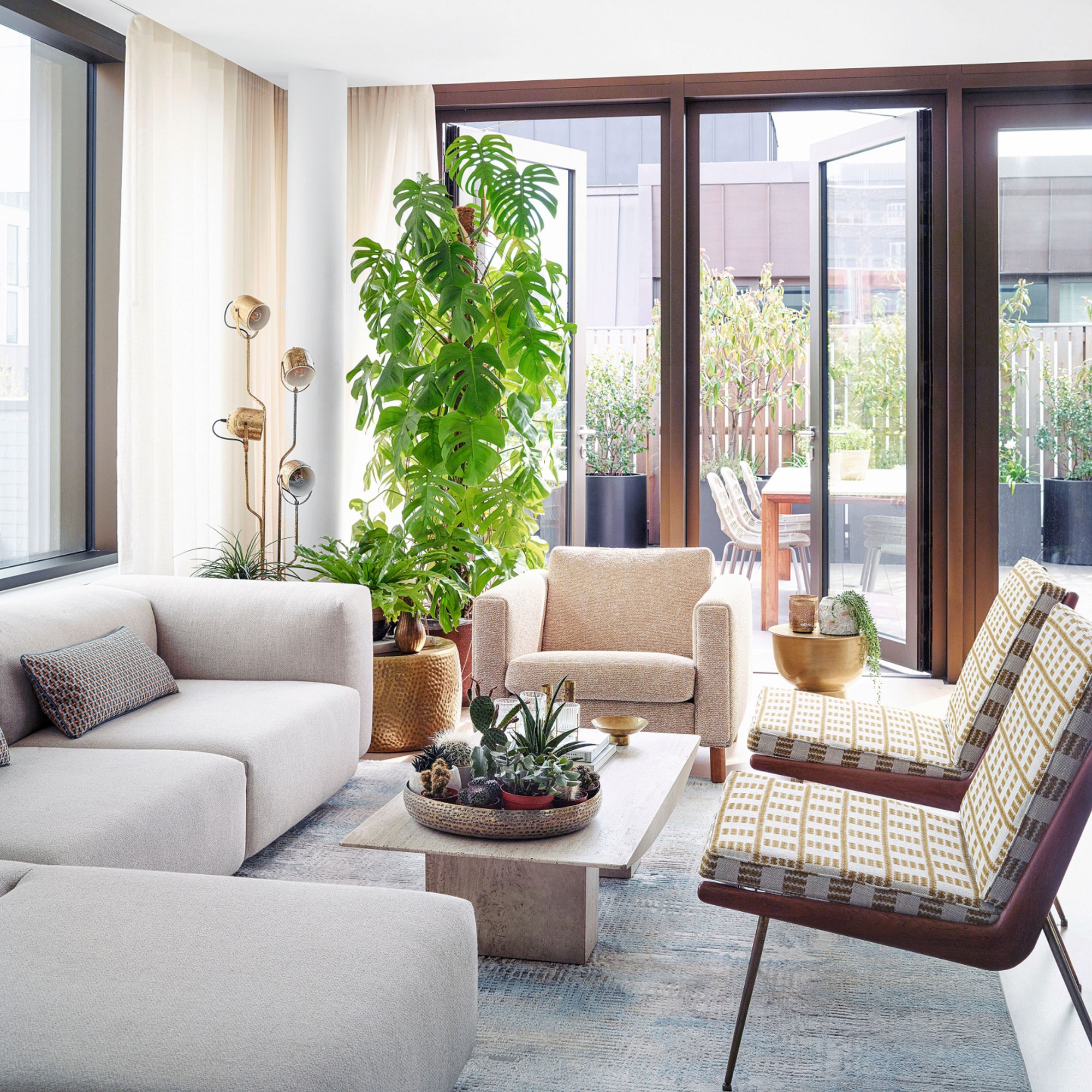
Greenery is one of the easiest ways to bring life and energy into a space, and houseplants are a big tick when it comes to Airbnb styling.
'Low-maintenance plants, like rubber plants and snake plants, are a few of our favourites,' agrees Amanda. 'If you go faux, try placing your tree or plant in a natural setting, like in front of a window, and you might just forget it’s not real.'
And don't forget your outdoor space, too – even if it's a balcony garden or tiny patio.
'Refresh close-to-home outdoor spaces with high-impact, low-cost updates,' recommends Amanda. 'Stain or paint a fence a fresh new colour, add new planters filled with fragrant herbs and cheerful flowers, or bring the indoors out with a fun, durable outdoor rug.'
4. Take great photos of your property with these tips
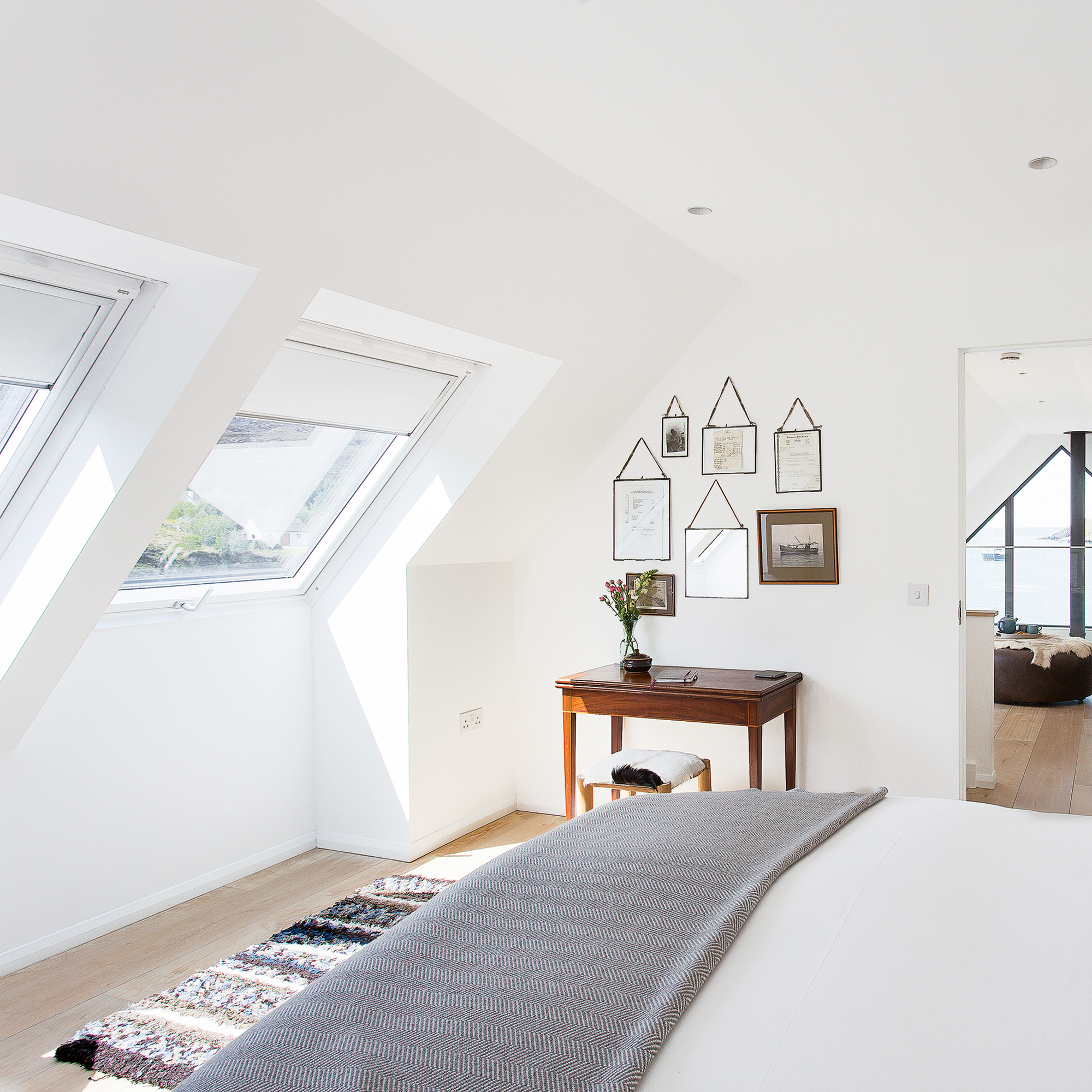
Just as with an estate agent's listing, great photos will 'sell' your property to potential guests. And you don't need a fancy camera to get your home's best angle – you can take great snaps on your phone, by following these tips.
'Make sure your rooms are clean and free of clutter for a spacious look, and take the shots in daylight – open blinds and curtains, and turn on lights if the space still looks a little gloomy,' says Amanda.
Another tip is to turn your phone on its side and take photos in landscape format, as vertical shots won't display as well in your listing. And make sure that you upload hi-res images – at least 1024px by 683px – so they're clear and sharp on the page.
'Guests love to stay in spaces with character, so make sure to show off unique and special details such as a fireplace, artwork, or garden barbecue,' suggests Amanda. 'And if there are amenities that make your home more accessible, like wide doorways and step-free floors, then make sure to feature these in your photos.'
Airbnb also has professional photographers available in some locations, if you'd prefer an expert to take the pictures.
5. Describe what makes your home special in the listing
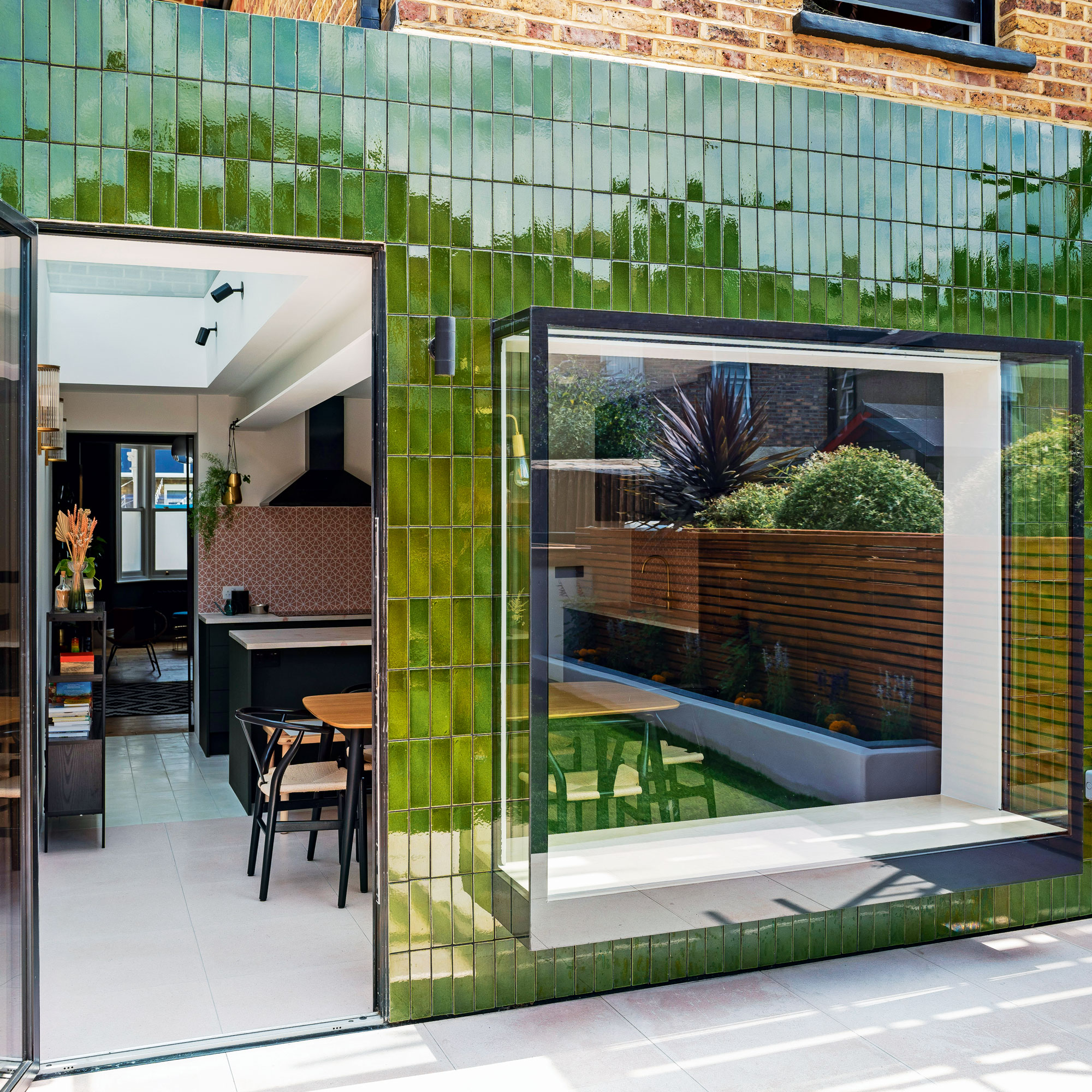
Pictures are only one part of the story; you need to write what makes your home special in the listing in order to entice the most guests.
'As you're writing about your place, describe what makes it special,' advises Amanda. That might be features of the property itself, or attractions and amenities close by. If you've got a hot tub, shout about it. And if there's a great park nearby for families, then don't forget to mention it.
Airbnb's new Categories feature can also help to highlight what's different about your home, whether that's the architecture, location, or travel links.
'Airbnb Categories organise homes by what makes them unique, which helps people discover places they wouldn’t have otherwise found,' explains Amanda. 'This can help alleviate over-tourism by redistributing travel to new locations beyond the same popular destinations.' It can also put your property on the map, even if it's not in a typical must-visit location.
If your home is beautifully decorated, then be sure to include it in the Design category.
'Airbnb’s Design Category features more than 20,000 listings globally, so lovers of architecture and interior design can easily discover their next design-led stay,' Amanda says.
6. List your property at the best price
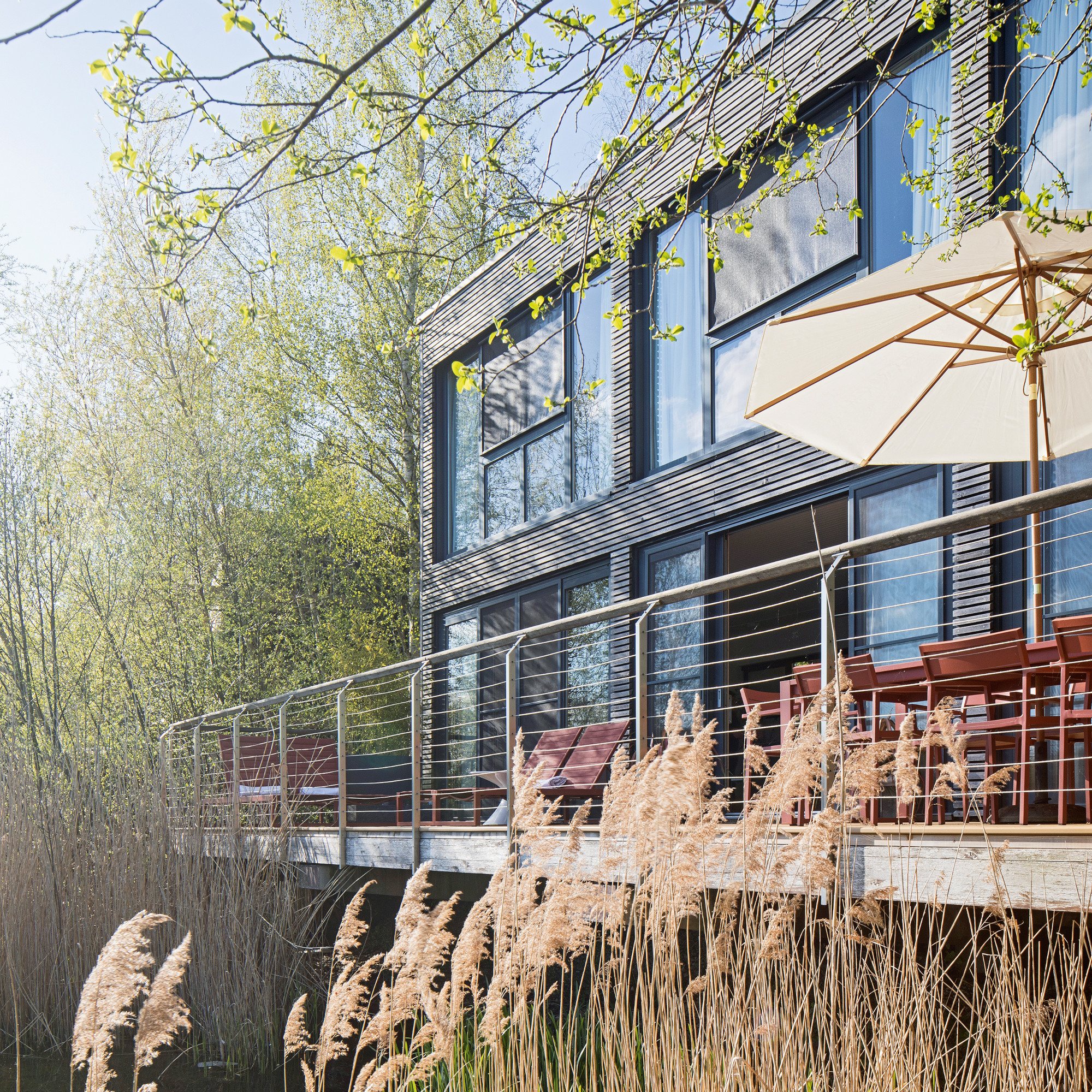
Not sure what you should be asking for your rental? There's a tool for that.
'Prospective hosts can learn about how much they could earn by sharing their space on Airbnb through the interactive What’s My Place Worth tool,' says Amanda. 'It computes the estimated income based on geography and type of listing, and also uses prior Airbnb booking data in the area.'
There's a growing trend for longer bookings via Airbnb, so if you plan to travel for a month or more, you might want to tap into that market with a special offer.
'Long-term stays of 28 days increased by 18% in the first three months of 2023, across all regions and age groups,' explains Amanda. 'Many hosts are embracing this growing trend of longer stays and remote working by offering discounts on monthly stays across the platform.'
7. Prepare a warm welcome for guests
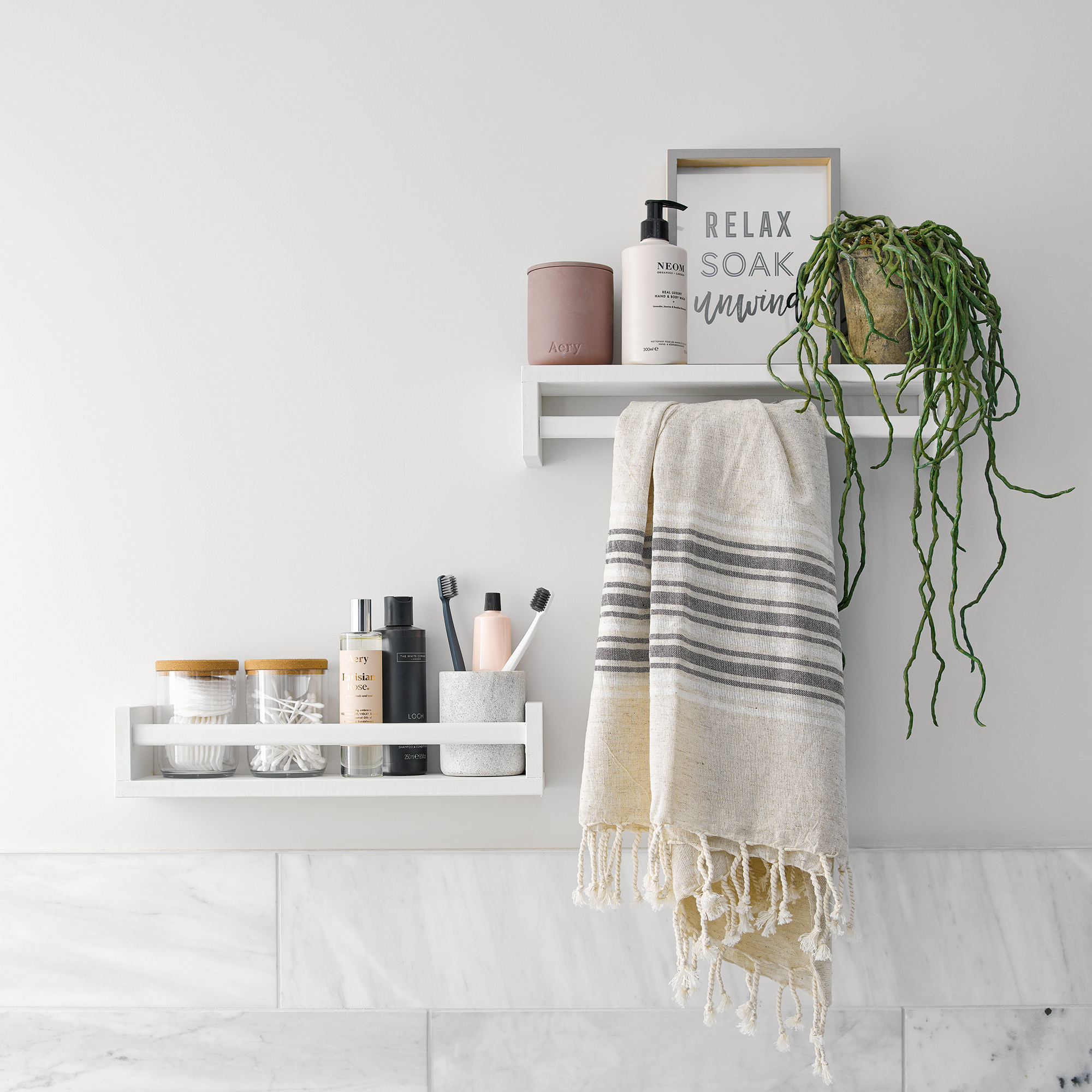
Your pictures are taken, the listing is written and you've got your first booking. Beyond presenting a clean and clutter-free space, it's thoughtful details that will generate great reviews and reward you with more bookings.
Bobby Berk, interiors expert on Queer Eye and also an Airbnb Host, is a pro at making his guests feel welcome.
'Include a welcome basket filled with local favourites like olive oil, candles or wine to set the tone for the stay. And outfit bathrooms with high-quality, refillable toiletries for sustainable alternatives to one-use products,' he says. 'It's also a good idea to avoid heavy scents in linens or air fresheners to accommodate potential guest sensitivities.'
Alongside blackout curtains to guarantee a good night's sleep for guests, Bobby also suggests curating a custom playlist that channels the vibe of your space. If you know what time your guests are arriving, you can set it to play for ambiance as soon as they enter the door.
8. Protect your property
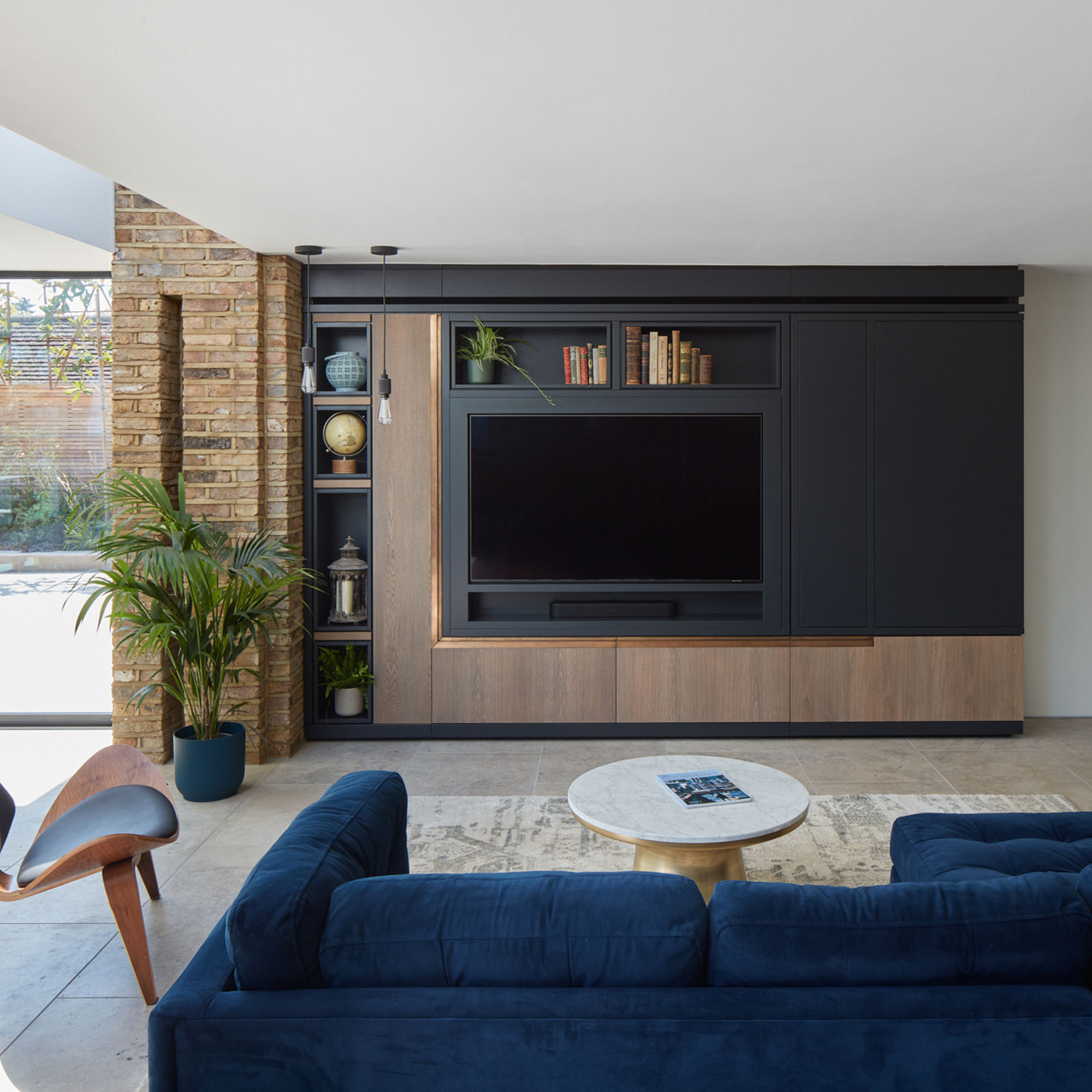
This is your home that you're letting people live in for a while, so you want to feel reassured that you're protected for any damage or loss. Airbnb offers damage protection of up to $3 million for your property, plus liability insurance of $1 million in the unlikely event that your guests are hurt in your home. It's also expanded its identification verification, with guests going through an ID process before they can book a stay. However, there are exclusions, so read the small print so you know what's covered and what's not.
'Lock personal items away, share your mobile number with neighbours so they can contact you if they have a concern, and set house rules for guests, especially around noise,' says Amanda. 'Parties are banned by Airbnb, and if you believe your guest is going to throw one, you can cancel their reservation prior to check-in without consequences.'
To reduce risk of mishaps when using appliances, heating or the shower, it's a good idea to provide a brief manual for instructions, the wifi code and any other essential information. And write an inventory of everything that's in each room, and take photos of any existing marks or damage, so you can be sure your home is returned to you as you left it.
9. Check your mortgage and insurance providers allow you to Airbnb
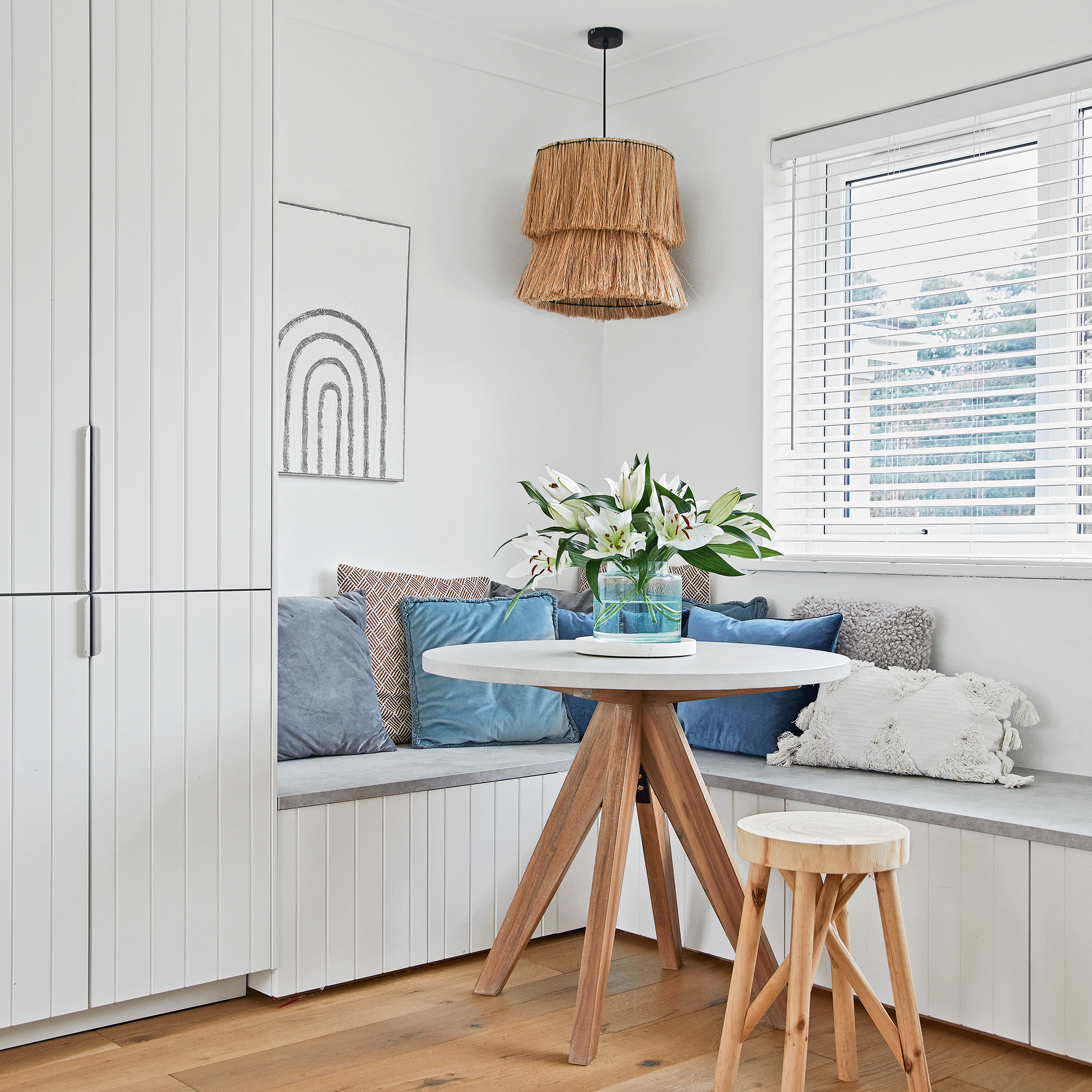
Although the Government is happy for you to rent out a room or your home, your insurance company, mortgage provider, landlord, or leaseholder may not be – so check the terms and conditions of any agreement before you go ahead. Different companies have different rules, so don't assume that just because your next-door neighbour makes a mint on Airbnb, you will be able to as well.
10. Stay in control
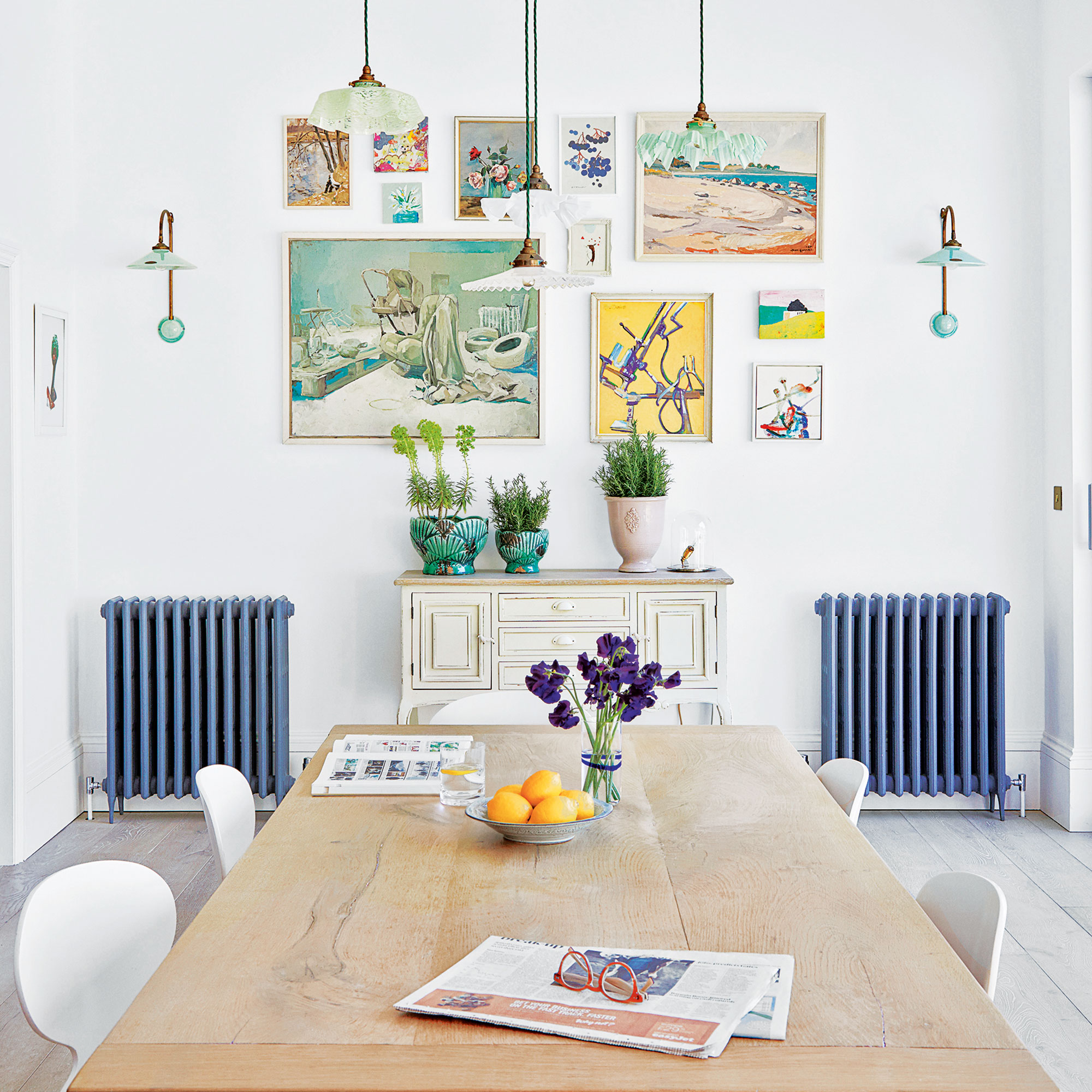
That counts for everything from the heating, what rooms you allow your guests to use, your rental calendar and who you allow to stay. While Airbnb has default settings, you can set these to suit your preferences.
For example, you can turn off the Autobook setting, so you get to check out potential guests before agreeing a let. You should keep your calendar updated so that you don't agree to a booking on a weekend you thought you would be at your cousin's wedding but is now next year instead. And set a minimum booking period – if you don't want the hassle of preparing your property for a one-night stay, you can make your minimum booking a week.
Finally, if you're worried about guests leaving your heating on 24 hours a day, a smart heating system will be your friend. You probably wouldn't want to invest in one if you're only renting out for a couple of weeks a year, but if you have one already, you can set it to go on just before a guest's arrival time and check it's not been left on all day.
Do I need permission to Airbnb my house?
You'll need to check with your mortgage provider, landlord or leaseholder if you plan to Airbnb house. Also your buildings and contents insurance provider. The answer will depend on each companies policy and your personal circumstances.
What percentage does Airbnb take?
Airbnb charges a service fee each time a booking is confirmed. There are two different fee structures: a split fee and a host-only fee.
With the split fee, the host pays 3% to Airbnb. The exception is for host that have very Super Strict cancellation policies. This fee is calculated from the booking subtotal (nightly rate, cleaning fee, plus any additional guest fee, excluding Airbnb fees and taxes) and is automatically deducted from the host payout. In this situation, the guest pays 14.2% or less of the total booking subtotal.
For host-only fees, the entire service fee of 14-16% of the booking subtotal is taken from the host's payout. Hosts with Super Strict cancellation policies may pay more.
In the UK, Airbnb service fees have 20% VAT applied.







